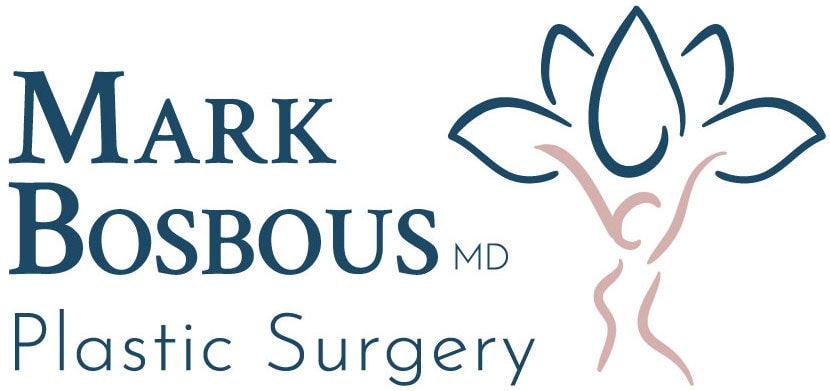If you’re considering plastic surgery, there’s probably already a list of questions in your head that you want to ask about your procedure.
This is not only understandable, but a wholeheartedly good thing — before any major procedure, it’s important that you get to know all of the details about your procedure
In our work at our Milwaukee, Wisconsin offices, we’re frequently asked questions about what we do, the services we offer, and what kind of care patients can expect from us.
For this article, we’re going to go over some questions that you should be asking your surgeon, as well as the answers that you should expect to hear before moving forward with your procedure.
“What is your certification?”
Anyone performing plastic surgery in the United States should be board certified. However, this unfortunately isn’t always the case.
Board certification is a process that ensures that your surgeon has undergone the rigorous training needed to prove that they are able to perform procedures to a high standard.
We’ve already covered how one can ensure that their surgeon is board certified, but to briefly summarize, there are numerous websites that allow one to explore the credentials of a plastic surgeon.
For example, here is the profile for Dr. Mark Bosbous on the website Certification Matters, which notes that Dr. Bosbous is certified by the American Board of Plastic Surgery and is actively maintaining his certification.
If you ask your potential surgeon about their certification and they do not have it, or if they refuse to share details about their certification, it’s a major red flag, and that surgeon should be avoided.
“What results can I realistically expect?”
Given just how many different types of plastic surgery there are, and how varied patients’ desired procedures can be, it can be hard to get a realistic understanding of what your procedure will look like on your body.
Thankfully, a quality plastic surgeon will be able to show you exactly how your procedure will impact your body, either using computer imaging or through diagrams and in-depth explanation.
Using this information, you can get a better idea of how your procedure will impact your body, as well as how you may want to shift your plan in order to achieve the results you desire.
“What are the potential risks and complications of this procedure?”
While medical advancement has significantly lowered the risks associated with plastic surgery, it’s always best to know exactly what issues could present themselves during and after your surgery.
A quality surgeon will be able to tell you the various risks and complications associated with your procedure, as well as how they can be resolved in the rare chance that they present themselves during your operation or recovery.
“What will recovery be like, and what should I prepare for?”
Every procedure’s recovery process looks different. That’s why it’s important to discuss the specifics of your recovery prior to any plastic surgery.
By learning the timeline, aftercare, and potential challenges of your procedure, you’ll be better able to understand and handle the days, weeks, and months following your surgery — resulting in better, healthier outcomes.
Before any surgical procedure takes place, make sure your surgeon provides you with clear post-operative instructions, as well as informing you of what post-surgery care or visits need to be performed.
“Are there alternative treatments or procedures I should consider?”
You might arrive with a set idea about which procedure you want and how you want it done.
This is totally fine, but following your first idea might not be the best course of action to obtain the results you desire.
For example, in order to achieve your ideal results, it may be better to get fewer procedures or a different combination of procedures than you originally anticipated. In some cases, you may even consider a different procedure altogether in order to get the results you want.
Conclusion
These are just some of the questions that we’d recommend asking to any plastic surgeon before you begin the process of booking a procedure.
That said, while asking questions is important, it’s also vital that your surgeon ask you questions about your needs and wants out of a procedure. The planning process should be a conversation between you and your surgeon — which is why it’s so important that your surgeon is both properly certified and consistently achieving high-quality results.
If you’re interested in treatment, or just have questions about a potential procedure, reach out today.
